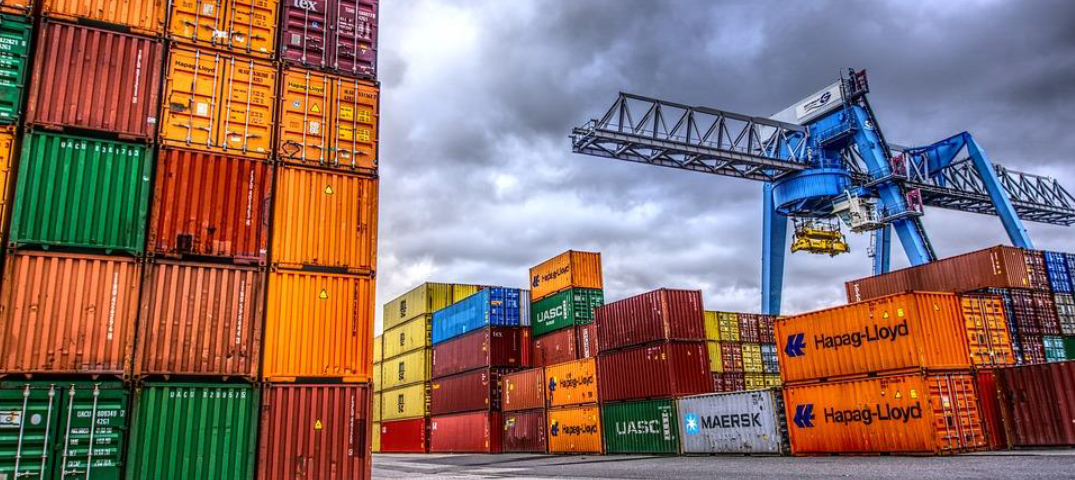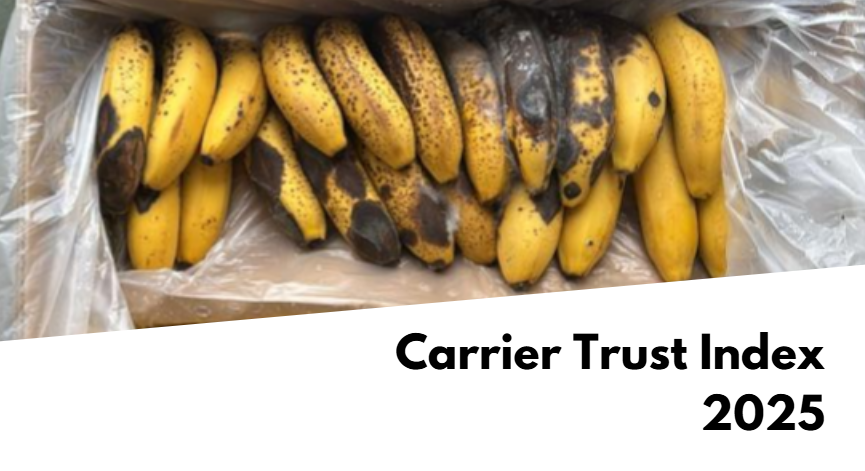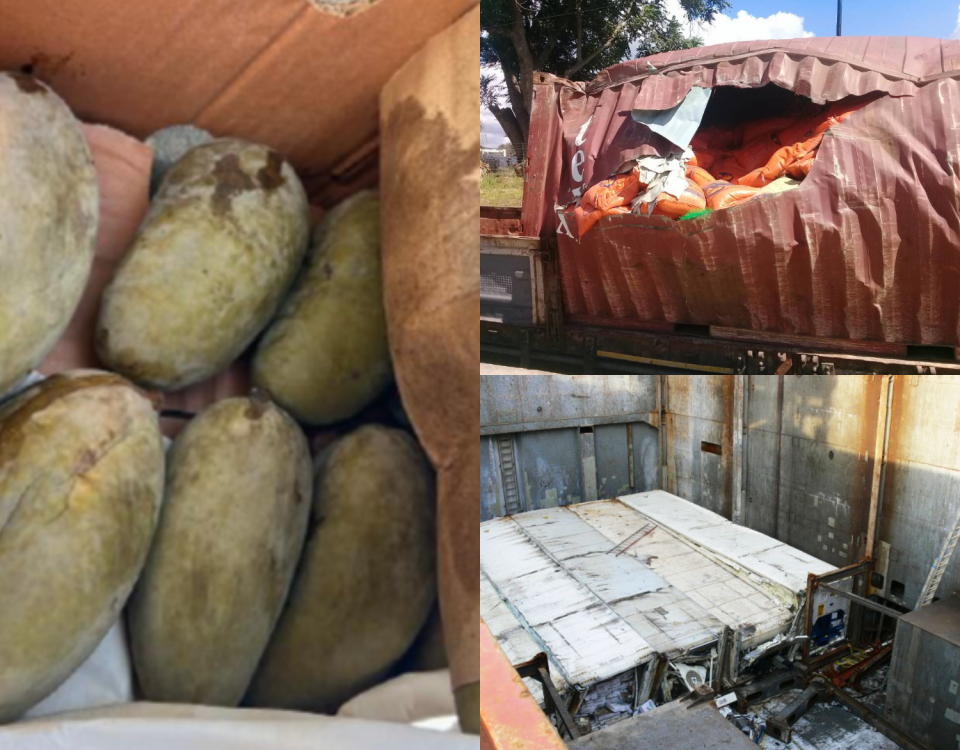The 2024 Container Shipping Risks. Transit Delays and Disruptions

Top 5 Fruit Exports in 2023
December 15, 2023
Marine Insurance Claim Recovery Process
December 22, 20232023 is about to wrap up. The challenges in the supply chain have subsided, yet exporters and importers face ongoing concerns as they prepare for 2024. Financial strain on container lines is escalating, leading to an increasing number of canceled vessel sailings. Despite low freight rates, worries persist about potential delays in import shipments.
- Panama Canal disruptions
Panama Canal disruptions following the drought conditions on top of that, the surcharge, they have a notable increase in wait times for vessels without reservations observed this month. Now carriers are taking the Suez Canal instead, but this reroute could mean 7 days delay or longer as to expect the build-up of carriers changing routes.
- Rebel Militia and Ukraine War Threats
In the still on-going Israel-Hamas conflict, Yemen’s Houthi militia has entered the scene and recently targeted Israel-linked ships at Bab-el-Mandeb Strait at the Red Sea. To avoid the same fate, container ships has started taking the long way around Cape of Good Hope. Now this added threat means an added up to 15 days in transit. On top of the delays, carrier must have 40% more vessels to continue service and compensate for the delays and amounting cargo.
Furthermore, in the context of the Ukraine-Russia conflict, both nations have faced economic setbacks resulting from border trade blockades, attacks, and international sanctions. These factors have contributed to a significant surge in inflation this year, and this economic challenge is anticipated to persist into the year 2024. Poland has taken steps to address the situation by urging the European Union to de-escalate the border blockades affecting Ukrainian cargo truckers. The repercussions of these trade disruptions have already led to losses exceeding 400 million euros for Ukraine. Simultaneously, Russia’s economy has experienced substantial strain, marked by inflation and the allocation of more than a third of its budget towards defense expenditures.
- Risks from canceled sailing
Cancelled vessel sailings pose several risks to cargo shipping. Firstly, they can lead to delays in the transportation of goods, disrupting timely deliveries and potentially impacting businesses that rely on consistent and predictable shipping schedules. Secondly, these cancellations may contribute to a shortage of container availability, exacerbating the existing challenges of securing adequate cargo space. Financial repercussions also arise as shipping companies face increased costs associated with idle vessels and the need to rearrange schedules. Lastly, the overall unpredictability introduced by cancelled sailings can lead to heightened uncertainty in global trade, affecting both exporters and importers in planning and executing their operations.
Mitigating 2024 Risks
When disruptions occur, exporters still have the flexibility to switch carriers or routes. It’s possible to transition to premium services as needed and revert to standard service, though it’s important to note the potential risk of increased costs if market conditions change significantly. In the event of blank sailings or a vessel redirecting from the Suez to the Cape of Good Hope with unfavorable transit times, there is room for adjustment.
Ultimately, booking cargo with carrier who pays genuine claims and assist solving negative transport scenario remains the key factor to containing financial exposure. In the event that you experience losses from transit delays, cargo loss, cargo damaged, it is important to pursue liable carriers or parties for the losses you have incurred that means having an efficient cargo claim process where Recoupex can help you.
Recoupex is a hub of transport lawyers – experts in cargo claims. We assess your case quickly. We have successfully recovered claims from Maersk, Sealand, Hapag-Lloyd, Mediterranean Shipping Company – MSC, CMA CGM, and other carriers.



